

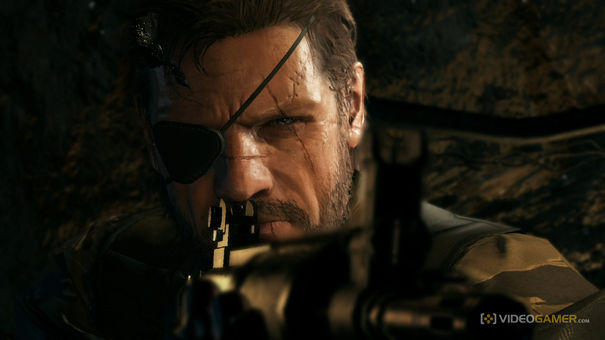

I was 13 when ISS Pro 98 came out. Its release introduced a new – and very pressing – pressure into my young life, in a decade that had also foisted 911, curtain haircuts and fucking Oasis upon me. The first update in the legendary sports series wasn't just an excellent game in its own right. It also contained a demo for the original Metal Gear Solid, and I had to have that demo.
I'd been reading about MGS for months beforehand, as magazine after magazine fell over themselves to lavish yet more praise on it. This was the era of Smash Hits-style, hyperactive, over-the-top and totally radical reporting of games, so you can only imagine the convoluted superlatives the editors had to come up with to make this seem like the Actual Best Thing Ever, having already constantly jizzed over, well, everything. They did their job well. I was hyped. And besides, this did look special.
I had no money to buy ISS Pro, and Christmas was too far away to wait. The sum total of the cash that I had (not had spare, just had) was five English pounds, which I should have used to keep me in GamesMaster magazines and other nonsense for the foreseeable future.
And then, by stroke of luck, a chance to play MGS. A friend's older brother had bought ISS Pro 98 and not much cared for the demo. He was willing to sell it to me for ten pounds. Negotiations were tense. It was like transfer deadline day, except things were actually happening in this small playground in Cambridgeshire (the prevalence of tracksuit bottomed-people in the discussions was probably the same). After begging and borrowing the extra dollar, I had the demo. And I couldn't have been happier. The demo and its 'value', to me, had far outstripped the amount I paid. Even though the demo was just the first area, I tooled around in it for hours, never again considering the money I'd spent – more than I even had, after all.
My friend and his brother knew what they were doing by setting that price, just the same as Konami knows what it is doing now. It knows that it can make some easy cash from selling what amounts to a very small chunk of the game at an inflated price point. It knows that people will pay for it. Which seems absurdly cynical, and is, in a lot of ways. Billing Ground Zeroes as a game in and of itself is a risky move, and may come back to bite the publisher on the ass. But the only way anyone gets burned here is if Konami doesn't deliver. And it always has.
I was 16 in 2001, when Zone of the Enders came out. Not that anyone cared much about ZOE – instead, all eyes were on the bundled MGS2 demo. It was a £40 preview with a game attached as far as I cared.
I now had a part-time job, and could afford to buy the game without going cap in hand to my parents. But, at £40, it would represent a significant chunk of my earnings. I didn't care. MGS2 was the biggest event in gaming, ever. That E3 demo had purportedly caused grown men to cry, and knowing the industry I believe that. Magazines ran with VHS tapes stuck to the cover with footage of that presentation. The Superlative Generator was cranked out again. The hype wasn't a wave, it was a tsunami.
Like before, getting hold of the demo early meant there were negotiations involved. My local indie game shop almost always broke the street date. ZOE was in 2 days early, on a Wednesday. Sometimes the owner of the shop would only sell games that broke the street date under the counter, for fear of reprisals. I talked him into selling it early. I had my hands on MGS2.
Again, it didn't disappoint. I played ZOE for the sum total of about 2 hours before deciding it wasn't for me. I never felt like I'd been fleeced. I'd played (what turned out to be the best bit of) MGS2 for hours on end. I'd shot the ice cubes, and the TV, and the magazines. I'd even indulged in the rather sadistic minigame put forward by PSM2 Mag, where you shoot guards in the legs and then they have to race down the hall to try and find you. I was happy. Maybe mentally ill, but happy. Again, the value outstripped the cost, by some considerable distance.
I'm sure there's a good chance I'll also be pleased with Ground Zeroes. The difference between this and the other two examples, of course, is that there's no other game attached to make up the 'value'. If GZ stinks, then there won't be anything else to fall back on.
Which has worried some, who wonder how Konami has the gall to charge around 30 quid for a supposed 2-hour run time. For these people, 2 hours is not enough. For me, provided that it's excellent and has a high degree of replayability, I say that it's not only enough, but it's also nowhere near the actual time you'll spend playing it.
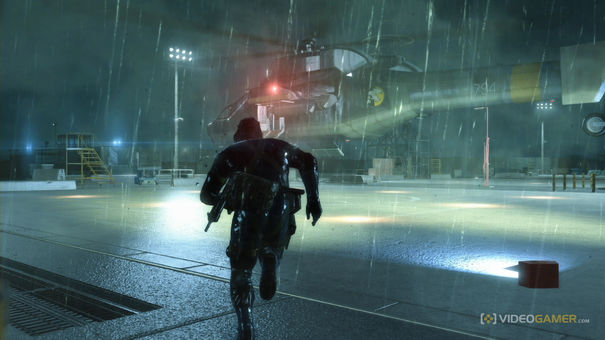
In every MGS demo/preview so far, there's been a multitude of ways to get through it, and more importantly there's been another hundred or so things to see or do, from toying with the guards to just messing around with the physics. Sure, you could just run through the demo. But why? I could say the same for any game that's supposedly got more 'value'. Some of the best experiences in gaming are shorter than the average. Equating length with quality or value for money is how we end up with shit like Final Fantasy XIII and the 'oh it gets good 20 hours in' brigade.
I'll be 29 when Ground Zeroes comes out, and I'll buy it. Not just because of some blind loyalty to the franchise, but because Konami and Kojima know how to create some of the most interactive, aesthetically pleasing worlds in gaming. And I'd rather pay 30 quid to knock about in one of those for a few hours than 40 to slog another 8 hours through most others.

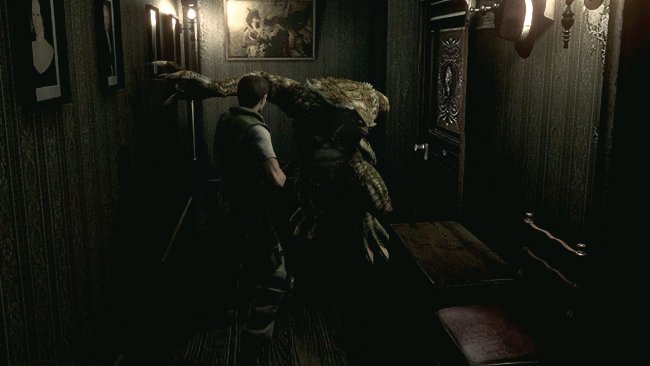

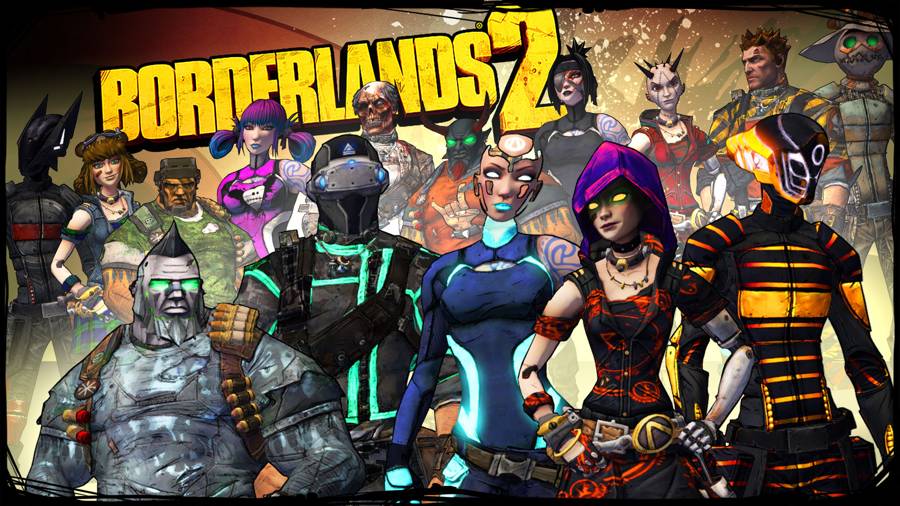
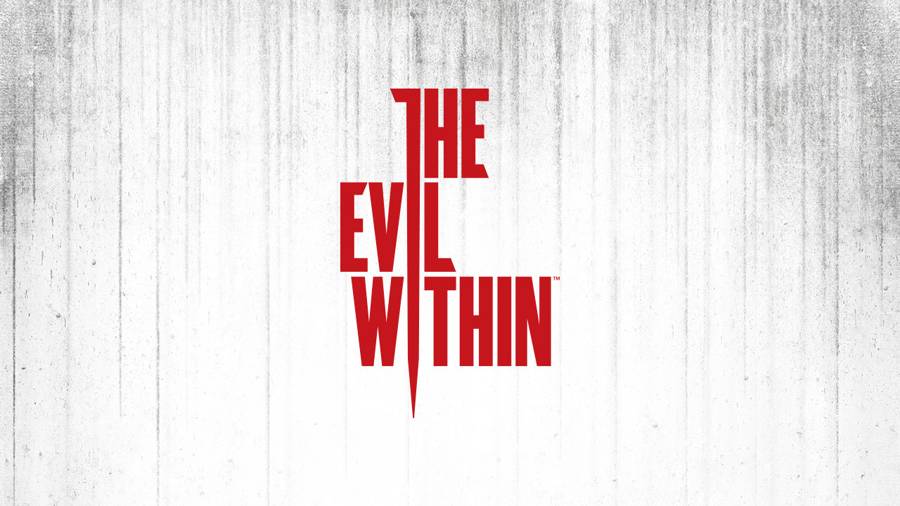 The Evil Within Guide: Locker Key Location Guide
The Evil Within Guide: Locker Key Location Guide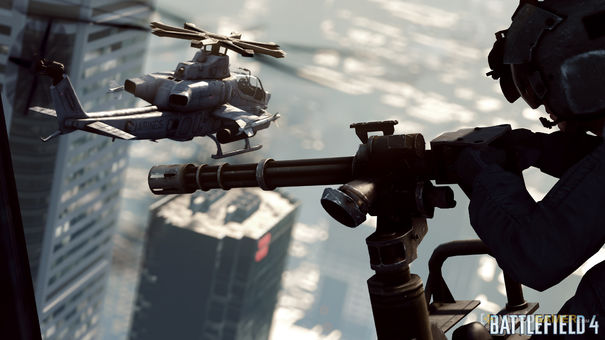 E3 2013: Battlefield 4 Multiplayer Hands
E3 2013: Battlefield 4 Multiplayer Hands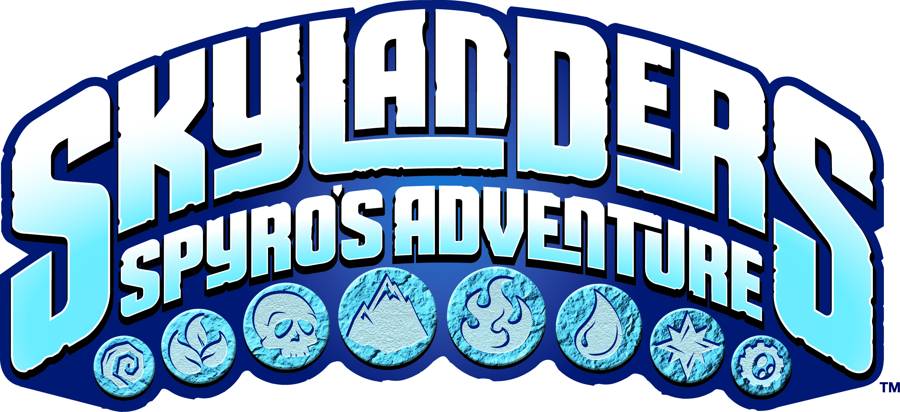 Skylanders Shattered Island Secret Area Locations
Skylanders Shattered Island Secret Area Locations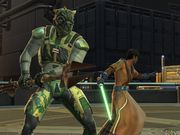 How Star Wars: The Old Republic changed my mind
How Star Wars: The Old Republic changed my mind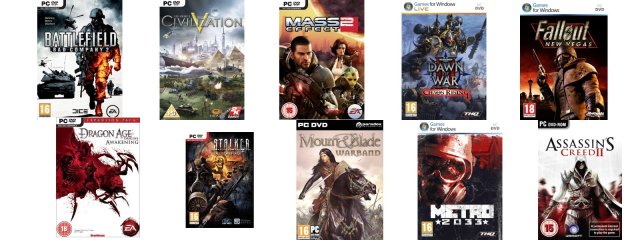 10 of the Best PC Games 2010 - Mana Pools Top PC Games 2010
10 of the Best PC Games 2010 - Mana Pools Top PC Games 2010